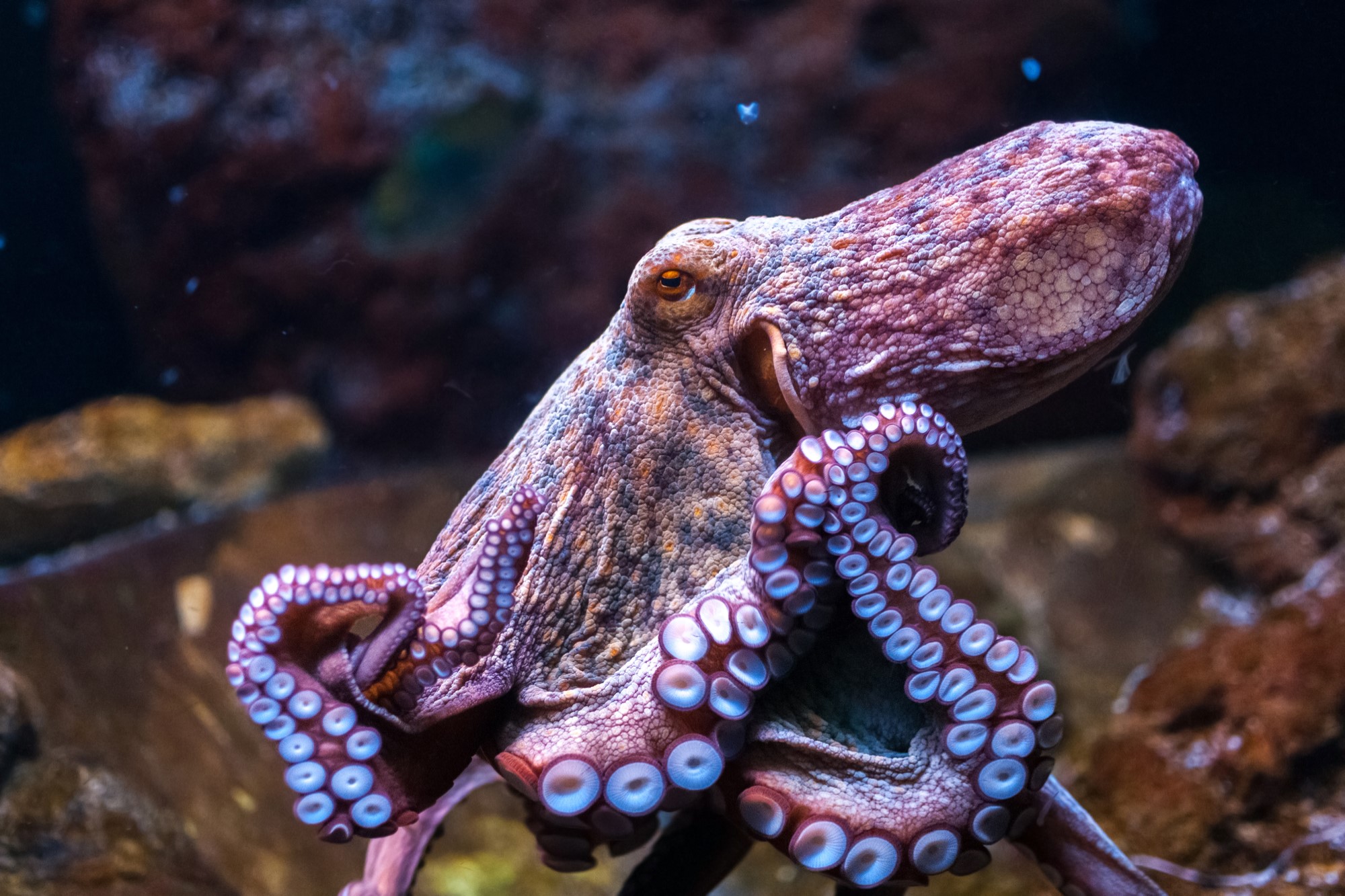Fireworks and Harm to Animals

As the end of 2022 approaches, so too does a staple of the holiday season: fireworks. In other parts of the world, this comes just a few weeks after another gunpowder-laden celebration – Guy Fawke’s Day. But while fireworks might be fun for some, there are many who find them less than enjoyable. Chief among these are our furry companions – the cats and dogs and other pets for whom fireworks don’t bring joy, but abject terror.
Many of us might already be familiar with common animal responses to fireworks: Dogs barking, cats cowering, birds becoming restless in their cages. But this impact is often understated.
Fireworks don’t just instill fear in animals, but can also cause irreparable physical and psychological harm.
There are, of course, the deaths and mutilations that occur as a result of the misuse of fireworks. But there are many less obvious physical harms as well. For one, the hearing of animals is much more sensitive than that of humans. Some fireworks can emit sounds of up to 190 decibels – louder than a jet plane (at 100 decibels) or even a gunshot (at 140 decibels). This can lead to conditions like tinnitus or the complete loss of hearing for some animals. Dogs are particularly susceptible, with a hearing range that is three times that of humans. Common reactions by dogs to loud fireworks may include freezing or paralysis, tremors, tachycardia, urination or defecation, increased activity, gastrointestinal disorders, and – in certain cases – irreversible hearing loss.
Further physical harms are created by the aftermath of fireworks too. Their detonation releases harmful particles that are toxic to inhale – posing a risk to the sensitive respiratory systems of smaller animals. There’s also the potential for the ingestion of the residue and detritus left by exploded fireworks. This affects cats in particular, who have a greater tendency to investigate (and devour) curious objects.
Birds are also affected, with some suffering tachycardia and death by fright. Loud noises like fireworks also cause birds to abandon their homes – sometimes permanently – leaving their young unable to fend for themselves.
The psychological effects are similarly concerning.
Loud, unpredictable noises can cause phobias in many animals. The reaction of dogs to the sound of fireworks is similar to post-traumatic stress in human animals, and it is estimated that around one-fifth of pet disappearances occur as a response to very loud sounds such as those created by fireworks.
All of these factors make the holiday season a stressful time for pet owners. It’s recommended that pets are microchipped before the holidays as insurance against possible firework-related disappearances. In addition, an entire industry has developed around products aimed at reducing the stress and anxiety of pets during the season, with catchy jingles reminding us to get our pets a “thundershirt” for Christmas. Earlier this month, the city of North Bend, Washington went one step further by banning the personal use of aerial fireworks.
But what are the ethics of this situation? Do the harms described above create a moral prohibition against enjoying a traditional fireworks display? Many of those who discuss the ethical treatment of animals would say “Yes.”
Consider a utilitarian approach – like that taken by Peter Singer. Stated simply, Singer argues that if it is wrong to inflict a certain amount of suffering on a human, then it is wrong to inflict that same amount of pain on an animal. We most likely could not bring ourselves to inflict the kind of distress described above on a human. Putting someone through an experience that creates such a risk of physical and psychological damage would clearly be wrong. And if this is the case, argues Singer, then it must be just as wrong to do the same to animals.
To be fair, Singer’s utilitarian approach does permit the infliction of such pain where there is a greater amount of pleasure to be gained – but it’s not clear that this justification can be used here. While the spectacle of fireworks creates joy and wonder for many – especially children – it’s unclear that these positive gains are of sufficient gravity to outweigh the negatives for animals. What’s more, it seems entirely possible for us to gain something approaching this same amount of joy through other – less harmful – celebratory activities.
Of course, Singer’s utilitarian approach isn’t the only analysis we might take. We could instead consider a rights-based approach, whereby the ethical treatment of animals is determined by whether or not we are respecting their rights. This rights-based approach is importantly different from utilitarianism in that it will still deem a rights-violating action as morally wrong even if outweighed by some greater good.
But do fireworks violate the rights of animals? It certainly seems so. In extreme cases, it’s an animals’ right to life and good health that is violated. More generally, however, the fear and stress resulting from the detonation of fireworks clearly violate an animal’s right to happiness. These violations should be of great moral concern regardless of how much good we humans might stand to gain from fireworks displays.
On the two most common approaches to the ethical treatment of animals, then, our indulgence in celebratory firework displays seems hard to justify. So do the right thing this New Year’s Eve – don’t let 2022 go out with a bang, but with a quiet, more animal-friendly celebration instead.




